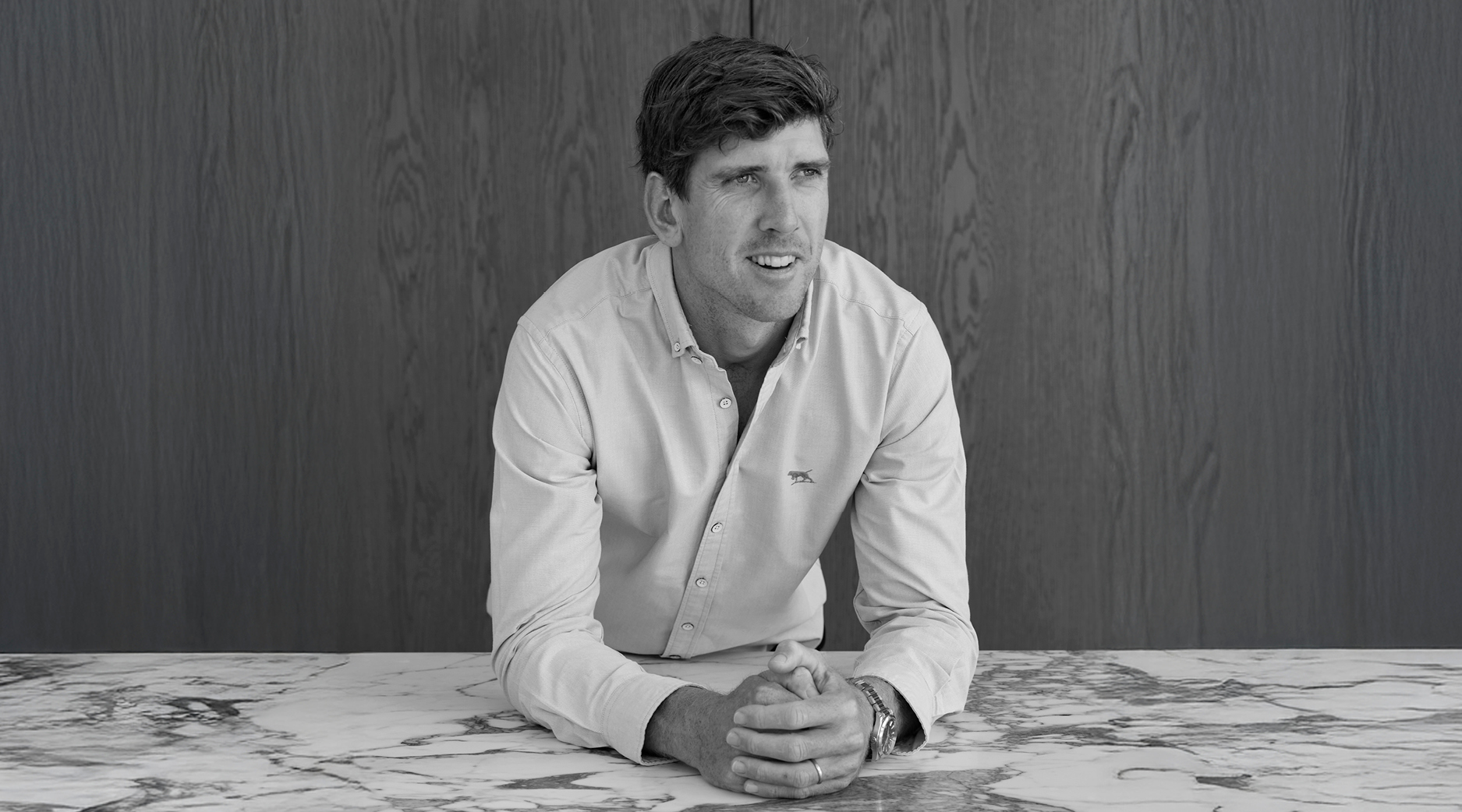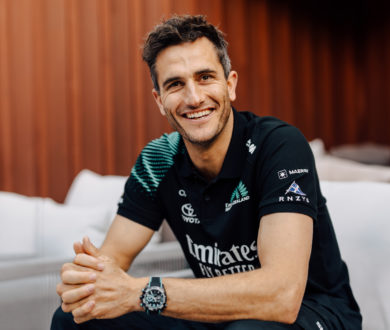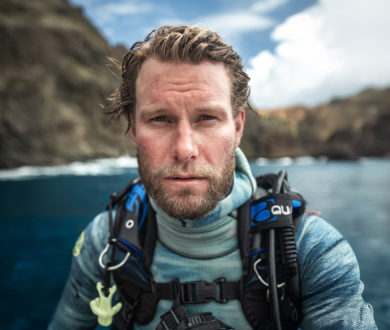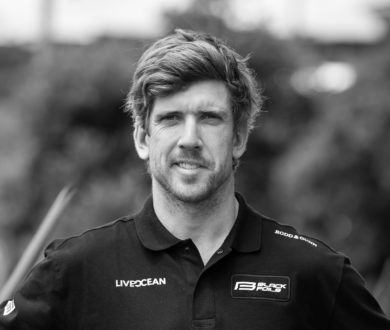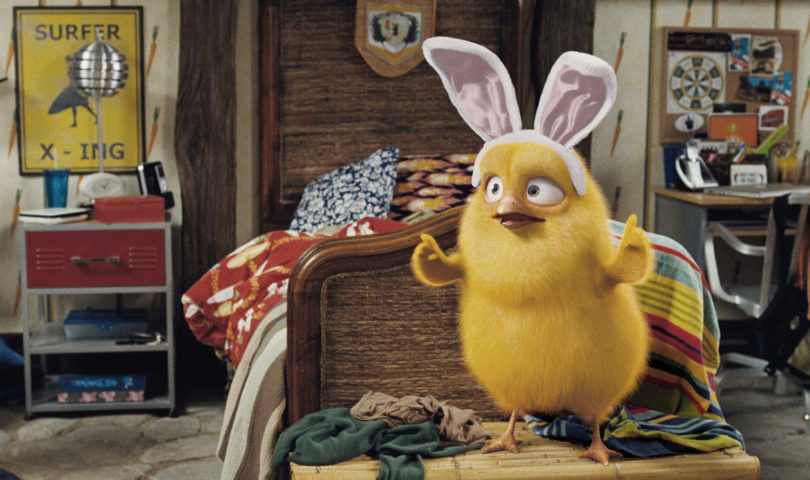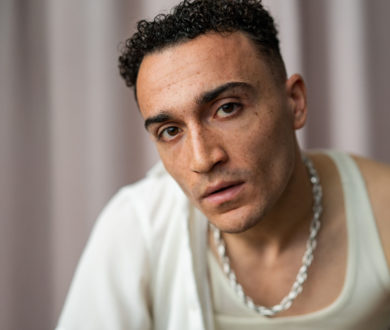For close to two decades, Pete Burling has been one of New Zealand’s most feted sportsmen. Off the back of a remarkable year — leading Emirates Team New Zealand to a historic victory in the 37th America’s Cup, launching New Zealand’s new-guard SailGP team — the Black Foils, making impressive strides with his marine conservation charity, Live Ocean, and, most meaningfully, becoming a father, we caught up with the history-making sailor to discuss the past, the present, and what the future may hold.
Despite having professionally raced boats for close to two decades, Pete Burling still struggles to call what he does for a living ‘work’. This is likely down to the fact that, for as long as he can remember, sailing has been more than simply a career — it’s been his way of life.
Growing up in Tauranga, many of Burling’s earliest memories are set to the backdrop of the sea, “Dad’s always been a pretty passionate ocean-goer,” he recalls with a hint of nostalgia, “Growing up, we were always in and around the water — swimming, fishing, waterskiing, and then sailing.”
It was at the age of nine that Burling first raced in a national competition, having cut his teeth “knocking about on a few old lasers on family holidays” in the years prior. Even at such a young age, the moment he found competition, something clicked, “I’m a relatively competitive person,” Burling admits with a grin, saying that it was the competitive nature of the sport that had him hooked.
“When I first started out, it was about trying to beat your mates and have a bit of fun while doing it,” he says, “But the amazing thing about sailing is that at the age of 10, you can be at your local club racing against people who have been doing it their whole lives, and tapping into that depth of experience was a great motivator.”
Motivation, I quickly surmise, has never been an issue for Burling, who rose through the ranks in the sailing world at an astonishing pace.
By 17, he was competing at the Beijing Olympics — the youngest sailor in New Zealand’s team. What followed was a meteoric ascent that included multiple Olympic medals, America’s Cup victories, and world championships.
But success, as Burling has learned, doesn’t come without necessary sacrifice. After all, to continue to perform in a sport that has evolved so dramatically demands adaptability, ingenuity, and an unwavering work ethic. Burling, ever pragmatic, puts it simply: “To do anything at a really high level takes a lot of hard work, and you definitely pay a lot of fun tax along the way. But I really love what
I do, and if you love what you do it makes putting in the hard yards manageable.”
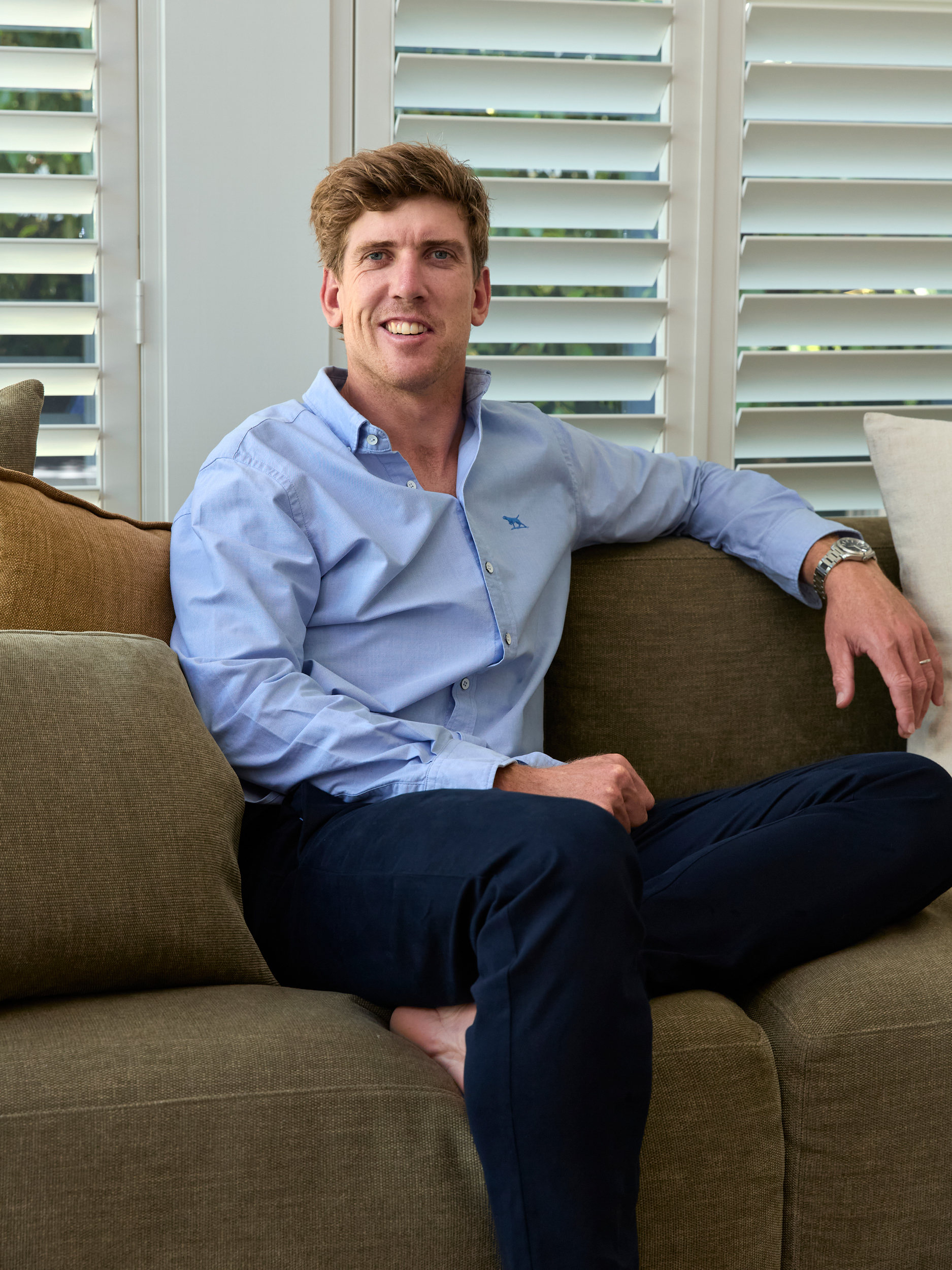
In that sense, I’m curious as to what it is about his work he values most, “I love the constant challenge; having to adapt and pivot, to be creative and strategic in my thinking and to test my skills — and myself — on a regular basis,” he continues, “[In competitive sailing] you’re constantly thinking about how you can do better and be better, and there’s a natural motivation that comes with trying to stay at the top of your game.”
Understandably, the wins keep Burling focussed (and there have been many), “Everyone loves that feeling of winning, and I think everyone in sport is constantly chasing that high.” He adds that, while the wins spur him on, the losses are perhaps the ultimate motivator, sharpening his focus, “When you’ve had a good shot at winning and come up short, it hurts. But it also prompts you to really put your head down, reassess, and go again — even stronger.”
“To do anything at a really high level takes a lot of hard work, and you definitely pay a lot of fun tax along the way.”
While sailing itself is a technical and physical challenge, Burling’s role extends far beyond the water. His day-to-day is certainly far more logistics-focused than I could have anticipated — as much about strategising, captaining teams, and planning campaigns as it is about racing. “There are a lot of tedious parts to the job that happen behind the scenes, but in a lot of ways, it’s all part of the fun,” he tells me, adding, “I always feel really lucky with the sport I’ve managed to spend so much time in. Sailing has so many variables in it, and as a result, I’ve ended up having to be so diverse in my skill set to deal with the many challenges that get thrown at us on a daily basis.” A fact that keeps things interesting, “You always have these new challenges, and everyday is different. There are so many avenues of the sport now — from the Olympic environment, racing in small boats, to the ever-changing, innovative nature of the Cup environment, to SailGP, where we race in one-design, high performance boats — there’s so much variety which means there’s always an exciting new challenge to tackle.” But with that comes relentless travel — something Burling acknowledges can take its toll, “You spend a lot of time sitting on planes, which definitely pushes the fatigue barrier. But I guess that’s just the cost of living in such a beautiful part of the world.” Ever the optimist.
Life on the road looks a little different these days. With his wife, Lucinda, and one-year-old daughter, Paloma, now often joining him overseas, he is embracing the challenges and joys of balancing career and family.
It’s been a really special year travelling together as a family unit, Burling tells me, before crediting his wife for affording him the ability to work and parent in tandem, “I’m so lucky to have Lucinda, who does such an incredible job with our daughter and enables me to keep doing what I do and have a family as well.”
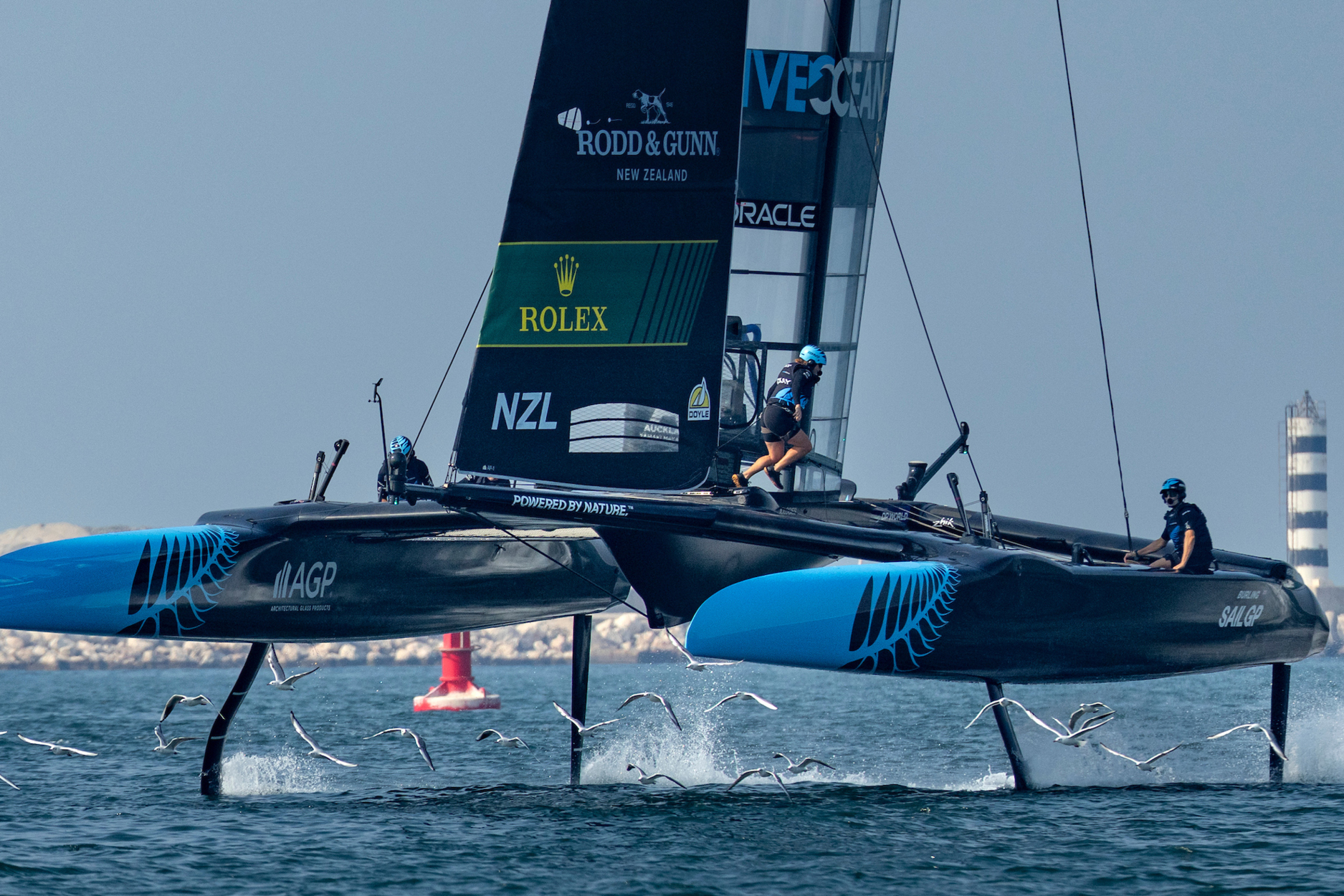
Fatherhood, he admits, has shifted his perspective. Burling tells me that time has now taken on more meaning, and altered his approach to work, “[Having Paloma] has made me value time more for sure,” he reasons, “Now, when I do things in a work capacity, I’m even more focussed on being as efficient as I can, so I can spend as much time as possible with my family on the other end.”
Burling, known as the self-effacing, capable, faultlessly driven sailor who has led our country to victory countless times, takes his career and role as a representative of our country seriously. His public-facing persona reflects this, but the serious, somewhat reserved character I see in the media seems at odds with the softness and ease that washes over him when speaking of his family. But neither side is a front. Burling simply values his private life — preserving it by keeping it to himself and drawing a hard line between his public and private selves (those in his inner circle know him as a devoted husband, brilliant father, and someone who — outside of sailing — doesn’t take life, or himself, too seriously.)
The sailor’s ambition has naturally changed shape across the last 20 years, and these days, his focus is as much on his craft as it is on the future — just not necessarily his own.
Burling’s time is now divided between tackling challenges on the water and addressing the issues beneath the surface, “Ocean conservation is definitely a passion of mine, and something that’s really important to me,” he muses, “It’s been so amazing to be connected to what we do on a sporting level, and to then use the platform the sport affords us to give back to the oceans — that allow us to do what we do — in a meaningful way with our charity.”
Live Ocean is the marine conservation charity Burling founded in 2019 with his long-time teammate and friend, Blair Tuke, following their return from the 2017-18 edition of the world ocean race (then known as the Volvo Ocean Race). The competition opened the pair’s eyes to the devastating state of the world’s oceans, and brought into stark focus how vital ocean health is to our future.
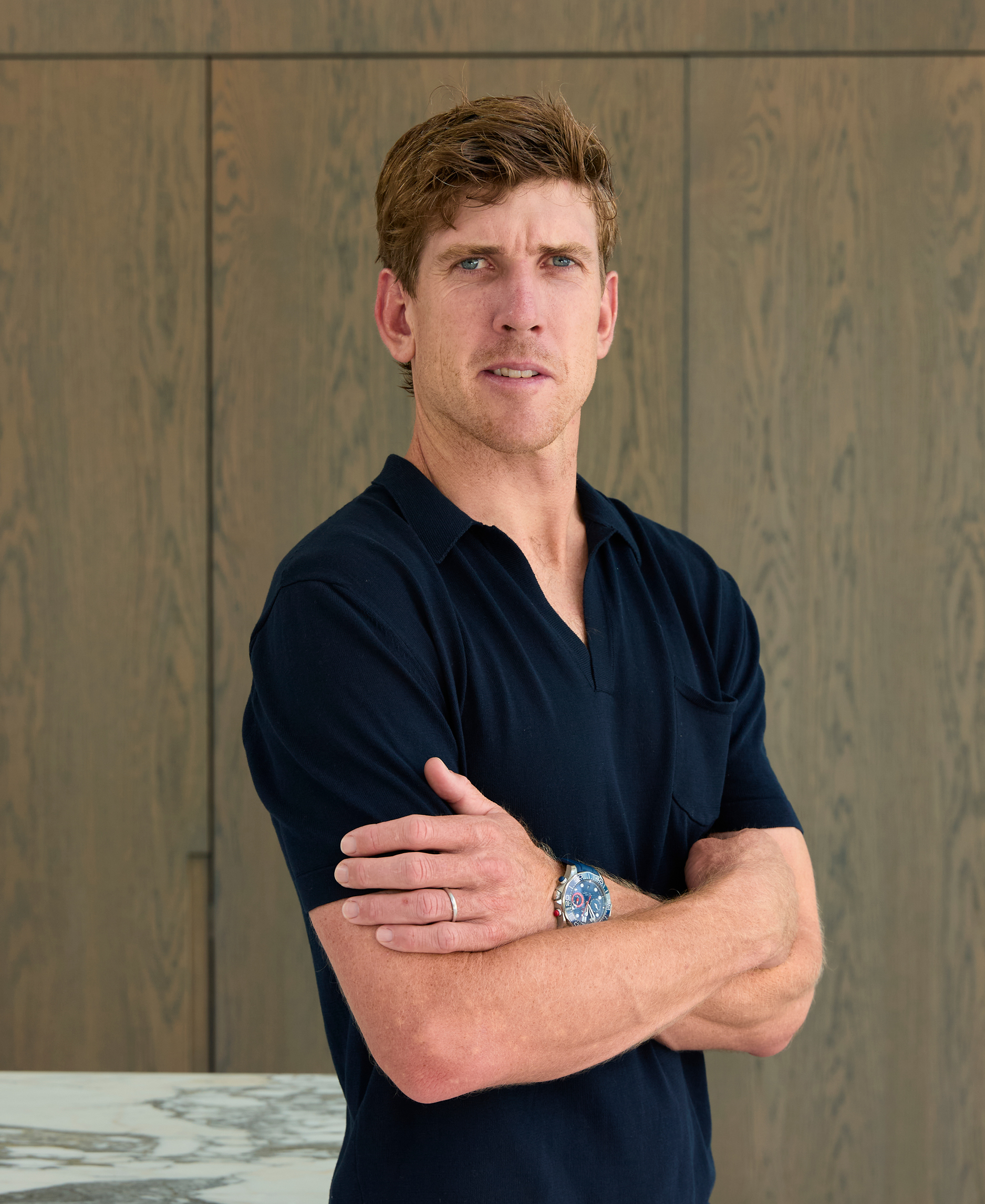
“To have a healthy planet, we need a healthy ocean,” Burling states emphatically, “As soon as you start to think about the likes of carbon absorption, oxygen production, and heat absorption, the ocean is the heavy lifter in all of those conversations,” he continues, “[The ocean] is 70% of the planet’s surface, and it’s really an untold story in terms of how much it does for us on the day-to-day.”
Burling is shocked by how little emphasis is placed on caring for and preserving our oceans, and New Zealand, he points out, has an opportunity to lead by example, “In this country, there are some really progressive policies when it comes to land — over 30% of our nation on-land is in national parks, whereas less than 0.4% of our oceans — which make up well over 90% of our area as a country and our economic zone, is in marine reserves. As a nation, we really have an opportunity to be a big player on the world stage when it comes to ocean conservation, and right now, we’re not living up to our clean, green New Zealand reputation.”
Burling and Tuke’s underlying goal with Live Ocean is to bridge that gap, using sport as a platform to drive change, “It’s hard to get people engaged with ocean health, because almost all of the issues are out of plain sight,” he states. “You look out across the surface of the Hauraki Gulf, and it looks absolutely beautiful and pristine. You don’t get a sense of the issues that lie beneath… degrading sea beds, the changing water column area, runoff, sedimentation, declining marine populations — there are a whole host of issues that need immediate attention.”
The solution, according to Burling, lies in getting Kiwis engaged with our oceans, inspiring people to educate themselves on how they can be part of the solution. Leading by example, when he’s
not sailing or working on Live Ocean, Burling spends much of his time underwater — free-driving, spearfishing, and, as he puts it, getting below the surface and interacting with the ecosystem in
any way possible.
Following a summer spent at home in the water, recharging with family and finding the headspace to do some of the bigger picture planning he says has been on the back-burner for some time, Burling is now preparing to tackle the remaining nine SailGP events across the next nine months. Highly cognisant of sport’s ability to unite people, while the medals, trophies, and victories will undoubtedly continue, Burling sees the increasing scope and international reach of SailGP as an opportunity to do what he loves, while giving back.
As time has afforded him a deeper perspective, the sailor has become increasingly aware that true success lies not in accolades, but in impact. And in that respect, Pete Burling is well ahead of
the fleet.

